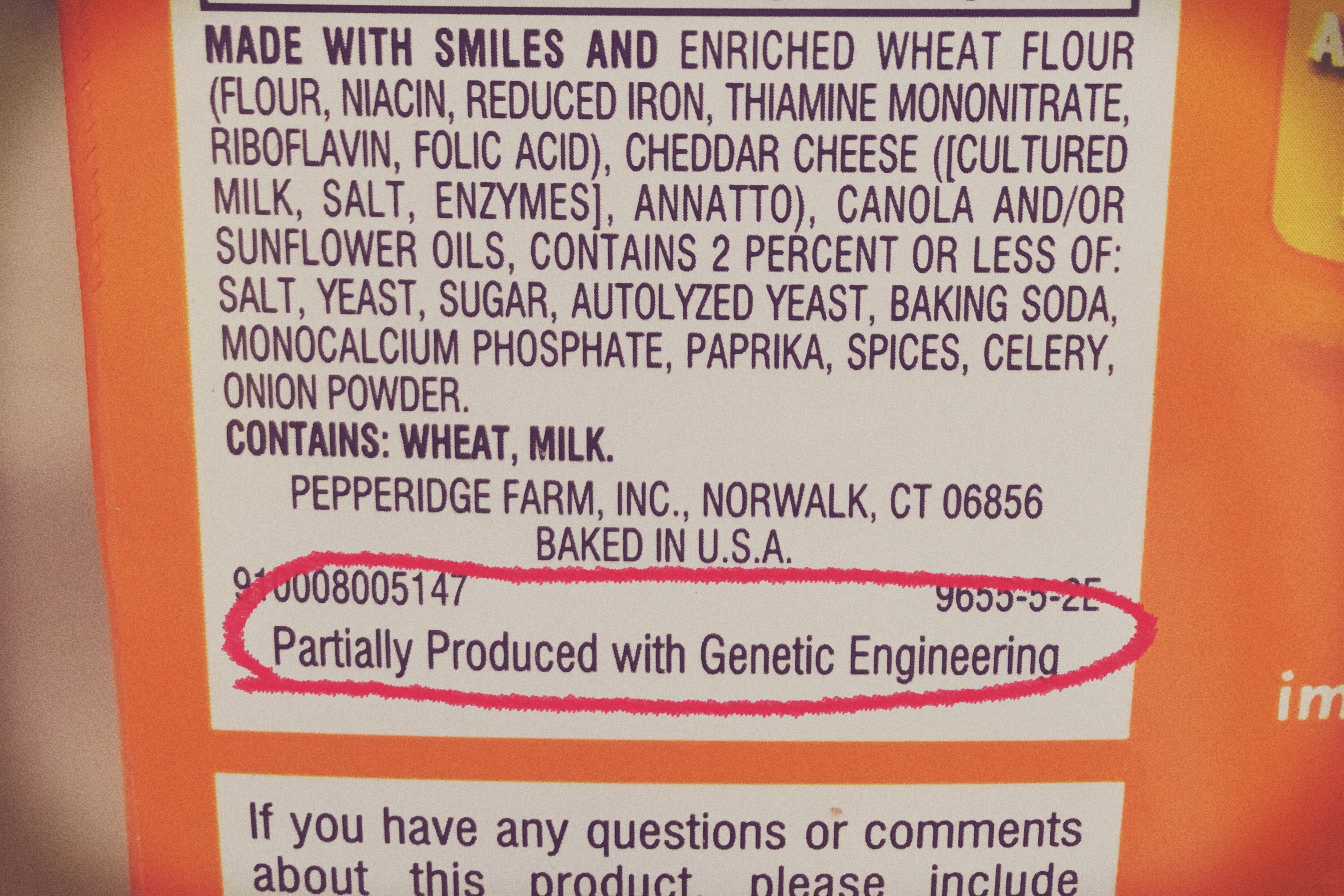I sit in a donut shop for 90 minutes a week. Every week. But, I don’t eat the donuts.
“Good luck!” my daughter quipped as she ended our call last night. I wasn’t sure what she meant, so I asked her why I needed good luck.
“Good luck not eating a donut!” she explained with the implied “duh” of a teenager.
Oh! Yes, I was headed to the donut shop to write. I do this once a week while my son takes a martial arts class down the street. The dojang combines the smell a middle school boys’ locker room with the mind-rattling screams of a college basketball game. It is NOT an ideal writing spot.
So, I head to the donut shop. It’s quiet at the donut shop. They have free Wi-Fi and decent coffee. Their tables are not sticky. Perfect. But I never eat the donuts. I don’t even look at them anymore. Their delicious aroma doesn’t tempt me. And I hadn’t considered that fact until the phone call with my daughter last night.
So, How Do I Resist the Donut?
Do I have amazing self-control or willpower? Absolutely not. I often cave in to tempting treats, despite my attempts to avoid the charms of sugar and flour. Potlucks and Halloween candy bins are my Achilles heels. But not those circles of deliciously sweetened fried dough. Why?
I do like donuts. I remember exactly how they taste and know they are delicious. I would certainly enjoy one, if I did eat it.
The Key is That I Have Created a Habit.
I walk in, put my bag down at my favorite table, then proceed to the counter to order a coffee – cold brew with heavy cream. All the while I completely ignore the glazed delights in the case next to me.
I suppose the first time I went to the shop to do some work, I did have to decide whether or not to order a donut. But now it is just my habit to order only coffee – it’s what I do.
We are all creatures of habit, and habits affect our behavior every day, often in ways we don’t realize.
From The Power of Habit by Charles Duhigg
At one point, we all consciously decided how much to eat and what to focus on when we got to the office, how often to have a drink, or when to go for a jog. Then we stopped making a choice, and the behavior became automatic. It’s the natural consequence of our neurology. And by understanding how it happens, you can rebuild those patterns in whichever way you choose.
Think About a Positive Habit of Yours.
We often tend to think of habits in a negative way. We think of our “bad” habits -those we’d like to change.
You also have many “good” habits that you may take for granted. Think about your day today and what you did – that you do everyday – that is good for your health or emotional well-being. Did you walk the dog, take your vitamins, fill your water bottle, pack your lunch, or simply brush your teeth without thinking about it? What did you do today to care for yourself?
Then ask yourself how you started, and maintained, that habit. Deconstructing a positive habit that you’ve created might just give you some insight into how you form habits. Thinking about how you began your good habits may help you notice what motivates and encourages you to take good care of yourself.
Perhaps tomorrow you can use that new knowledge about yourself to start a new habit to be kind to yourself.






